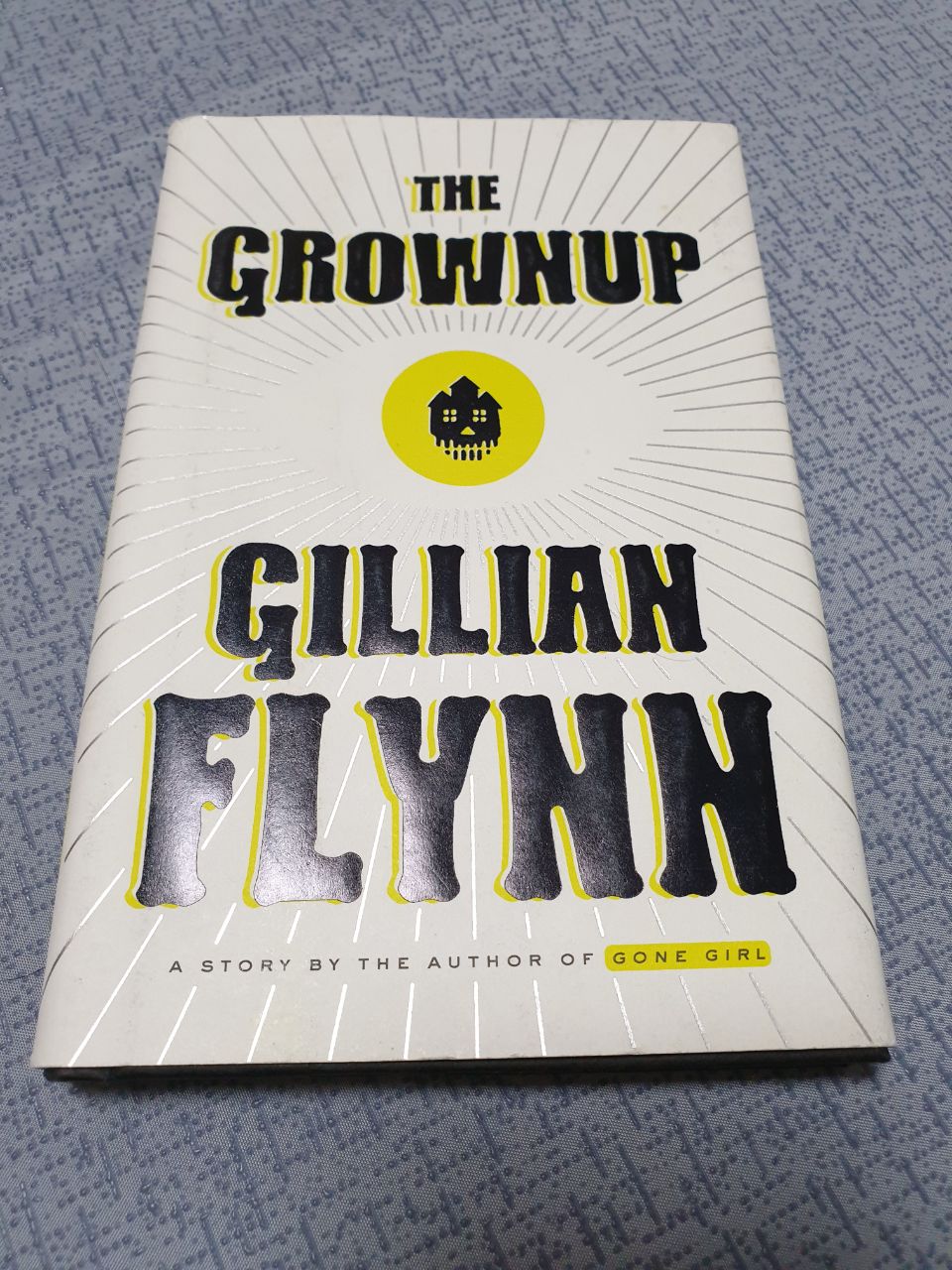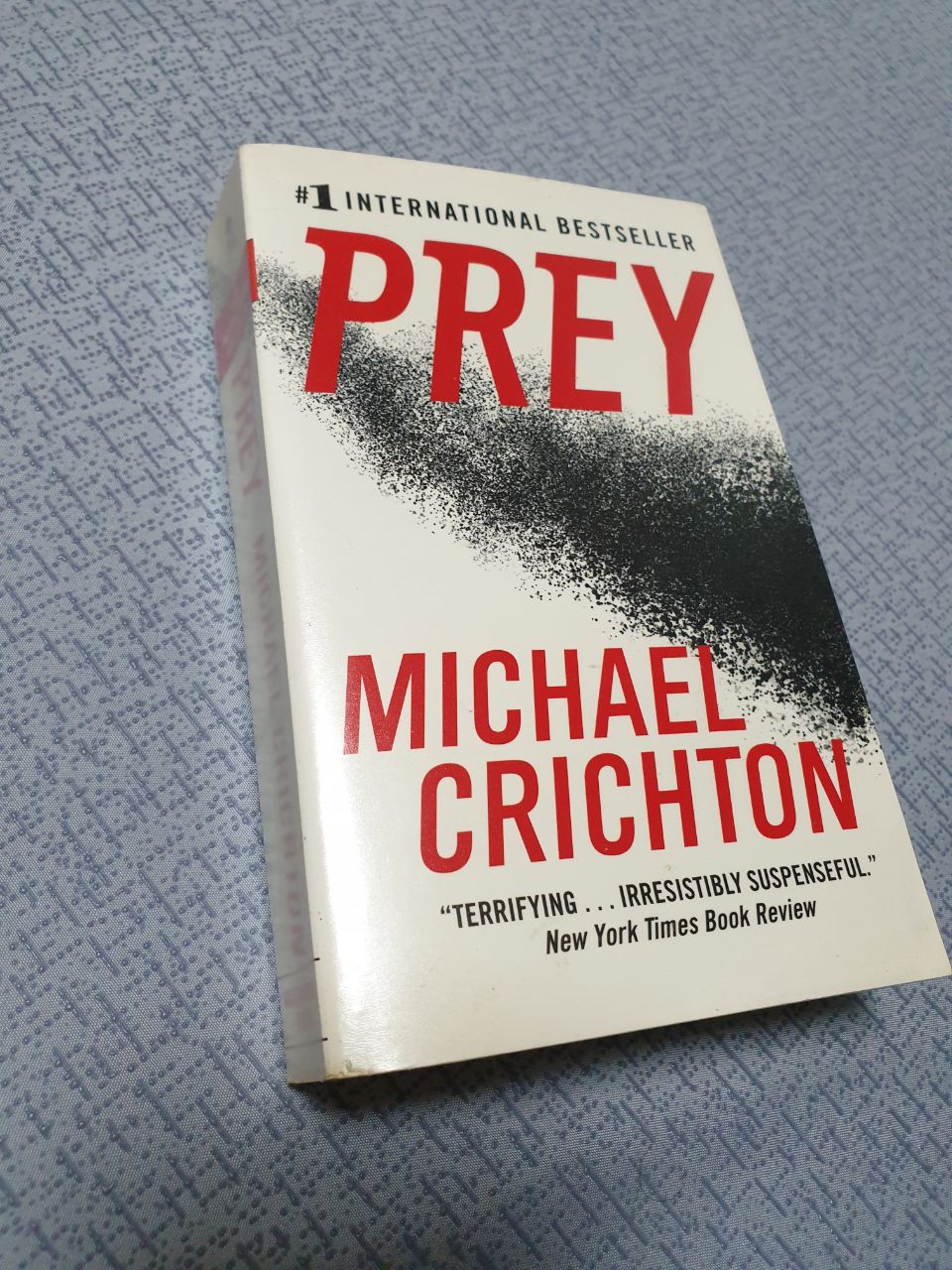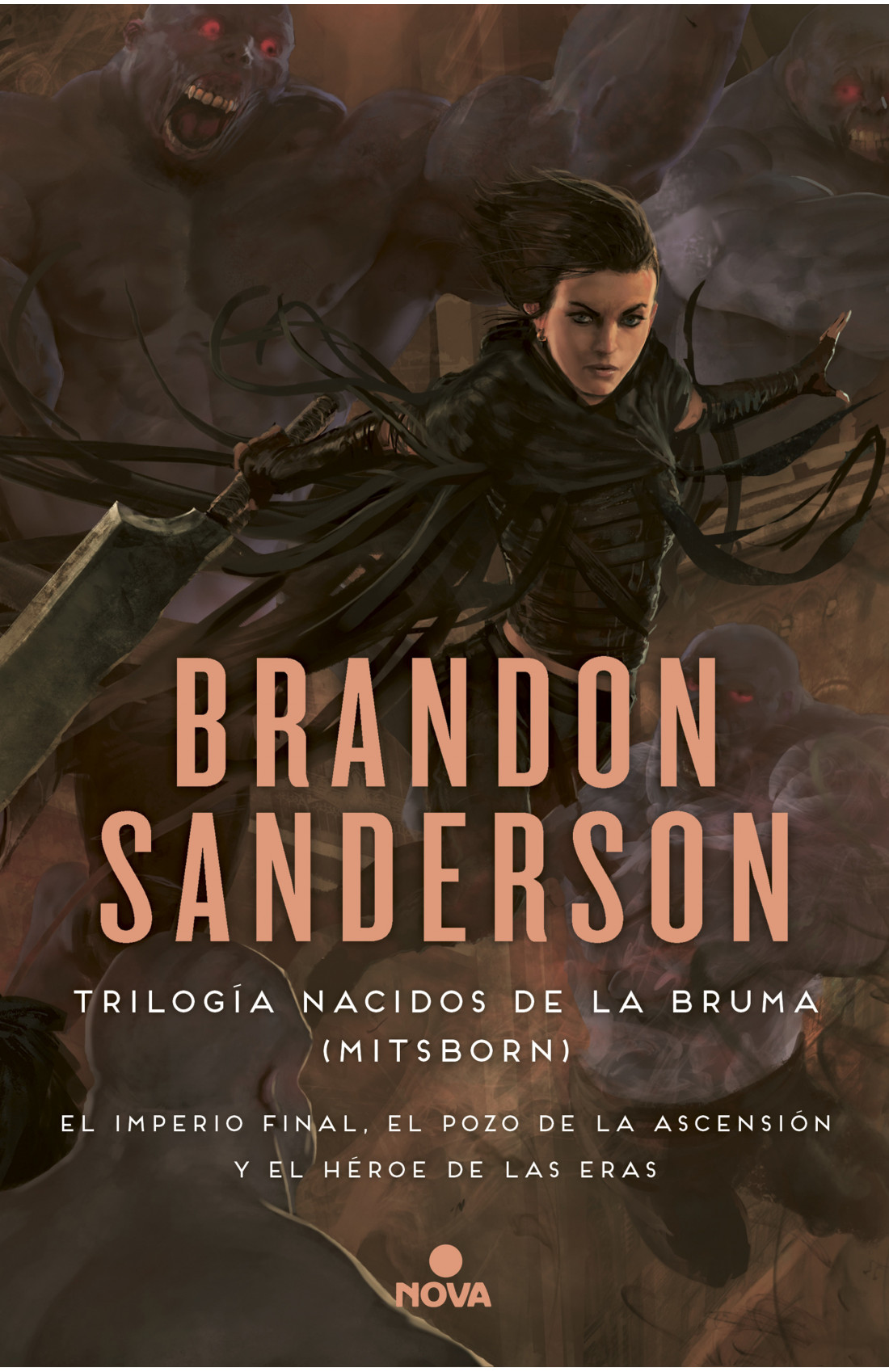This is the first of a series of posts where I’ll write some impressions on the latest books that I have read. It started as a personal log, but since I tend to read a ton of book reviews and they are my main way of discovering new stuff, I reckon that someone who reads it may also get something out of it.
The Grownup

I’m currently in Seoul for a while, and my choices for new stuff to read are limited to second-hand bookstores that have an English section, so not much reading in Spanish will be done until I am back home. So I was happy to find this one. I quite liked Gone Girl and The Grownup seemed to be a nice light story. It reads easy and has an enjoyable prose, there is a couple of nice surprises and I finished it in the time that it takes me to go through a tea. Flynn seems to really like a specific type of character, which becomes that much more apparent now that I am reading Sharp Objects. Kind of like an actor who always plays as themselves.
Prey

Also from a second-hand bookstore. This was actually my first Crichton book, which I can only attribute to my dinosaur-crazed kid self not knowing that Jurassic Park was based on a book. It did however have a very similar structure to the former, so much so that I found myself thinking “Ah yeah this is pretty Crichtonian” at some of the events. I’d say this is just my idiocy acting out but it may also not be. Let’s think about it. If you make two novels with a very similar narrative skeleton, why not go for another one? Why not got for it every time? I have not looked up where Jurassic Park and Prey fit chronologically within his works. Judging from the technology used in Prey, I will make a guess and and say that they are not too far apart, but Prey seems a bit more modern. So until I read another one, I’ll happily assume that the novels in between these were not too different in their structure.
The provider of the science-fiction disruption in the book is a company that is developing agent-based swarm micro-cameras, designed as a non-invasive diagnosis method. There is much talk about agent-based programming, and Crichton seems to enjoy going in-depth about it almost too much. But that might be me because I did study them in university — funnily enough, in a cursed framework that might be as old as this book — . I am not sure of how much explaining someone who is not familiar with them would need in order to get a decent idea of it so that the plot can progress.
The story takes a bit too long to get going — something went wrong in the plant!!! how could it be!!! — but I liked some of the problem that the main character has to take on. Having to take care of everything kid and house related, being unemployed and then hired back as consultant for the company that fired you. The plot actually becomes simpler once action gets going, and he might be less stressed too.
What I also really enjoyed about this book is that things don’t go wrong not because of the ambition of a singular man — I was already tired of this narrative in 1000 BC — but because a company needs additional funding. I will never not believe in this sort of motivation. Bringing a building-sized gorilla from a faraway island into the most densely populated city in the US seems like a bad idea, sure. But have you considered that King Kong it will make you money? Foolproof suspension of disbelief. As it stands, I would not believe that the T-rex escapes her enclosure in Jurassic Park because the fence stops being electrified. She’s well fed and it’s not like she would be checking the fence for tension every few minutes, animals just need a couple of experiences with electric fences before they stop trying. But if you told me that the enclosure is sabotaged to make the current CEO of whichever company runs the park look bad so that the board can make him step down? I will not doubt you for a second.
The Mistborn trilogy

I read the Spanish edition (edited by Nova) of the Mistborn trilogy. Got to read a new author again, since I had ignored Sanderson recommendations coming from my friends for a while. The trilogy is pretty much a heist-movie-meets-soft-fantasy kind of situation. Which may sound slightly unusual depending when you think about it, but many books in the genre do this even if it’s not so overt about it — even The Lord Of The Rings fits the description to a degree — . The prose is okay-ish and has some rhythm to it. The dialogues can be read, but they suffer from a common syndrome of young fiction, where all characters somehow are great speakers, express themselves in a similar way and always find their way into cool monologues. Overall, I found that its best parts were those that played with the expectations of what the story tropes should be more more than the often praised magic system. Even then, I found it very fast to read and it is the kind of book that I would recommend to someone that has hit a reading drought and is finding hard to get back into books, as it pulls you forward regardless about your thoughts about prose quality or dialogue.